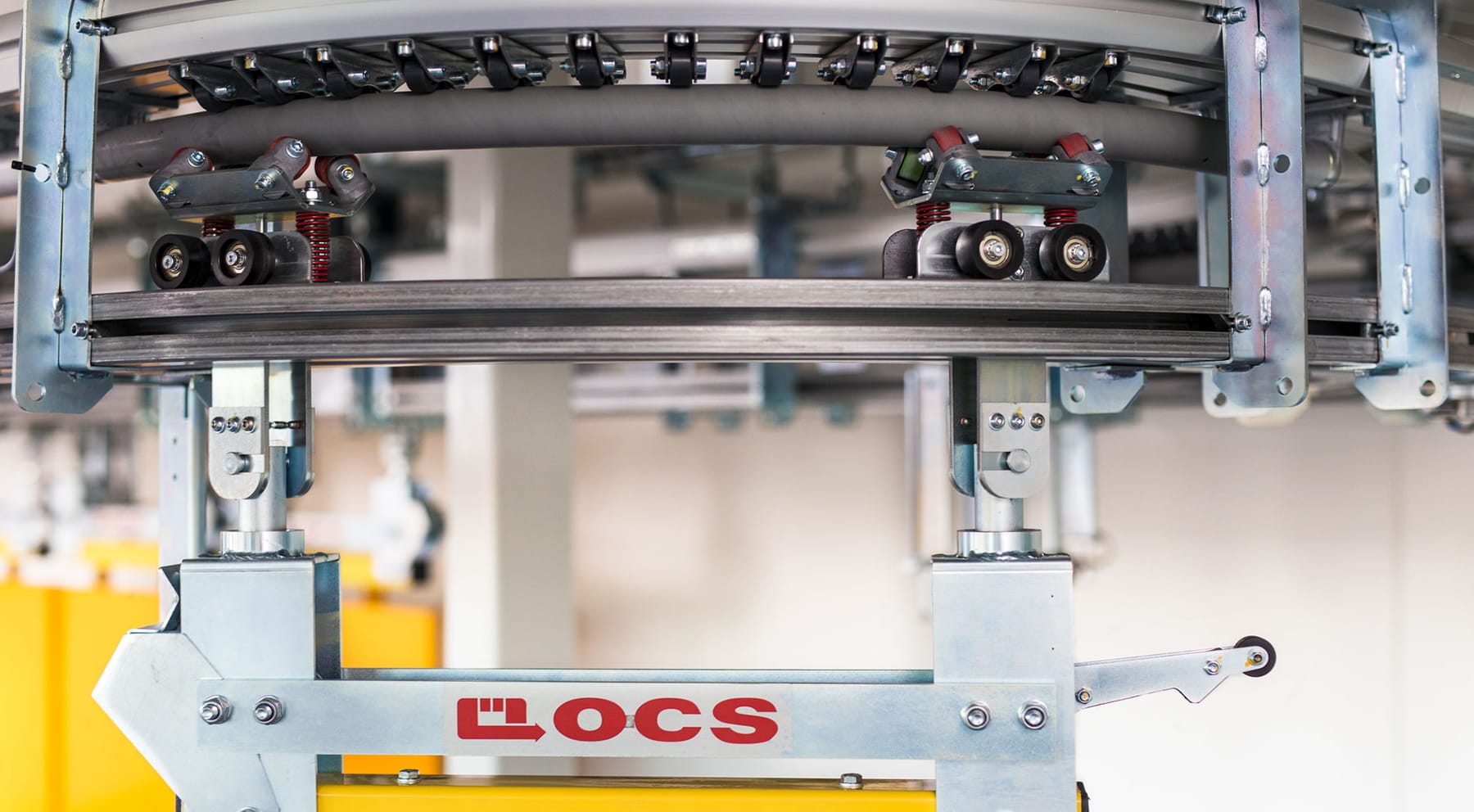Preserve resources with friction-based technology
We all have a responsibility to avoid waste and preserve resources in our world. Each one of us can contribute, and industrial companies in particular. We should take full responsibility and include a plan for how to protect the environment to our very best, despite growth. As employees in the sales department at OCS, we try to do this by developing a solution at the beginning of each new project which agrees with our philosophy Lean, Clean & Green.

Modern industry of all segments is driven by three parameters – efficient and flexible production processes, an ergonomic and clean production and an overall concern for balancing energy and resources in order not to adversely affect the environment. At OCS we call those three success factors Lean, Clean & Green.
At the beginning of each new project, a layout for the optimal production process is developed with the customer and is always developed with consideration to Lean, Clean & Green. For example, the OCS conveyors are operated sectionally, meaning each individual conveyor area has its own motor. The energy requirements for the system can therefore be optimized to the needs of each area. Unlike conventional chain-driven conveyors in which one or two large units must run permanently. Also OCS has the capability to incorporate into any solution sections that are either semi or fully automatic, including gravity and manually operated.
Save up to 30 %
Furthermore, an OCS system can save up to 30 % of hall space when using transverse distribution of cars during large scale production. Usually, you would need quite a lot of space for turning larger objects around, such as cars. With the transverse movement of cars we can drive them sideways instead and therefore avoid unnecessary turning points. This also means that we do not need as much concrete for building production halls from scratch. The production of concrete consumes large quantities of energy and produces CO². Therefore, we can preserve energy and CO² at an early stage.
Even during an expansion, the OCS system can contribute in preserving energy and resources. In 2018-2019, the manual conveyor system at Essen – a large automotive supplier – was replaced with a partially automated system. Due to the modular design, they could equip sections of the system with motors without dismantling the complete system. They continued to use hundreds of meters of conveyor line from the old system in the new one, and thus avoiding parts of the old system to become waste. This way, not only did they avoid the production of new steel and aluminum, which is very energy-intensive, but they also eliminated the transport of the new materials, which otherwise would have been necessary.
Conclusively, the oil- and chain-free OCS system operates in a very resource efficient way. Most of the materials are recyclable, no large amount of grease is required to operate the system and the energy requirements for the system can be individually adapted in this friction-basedtechnology.


